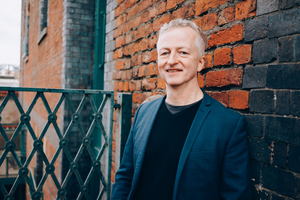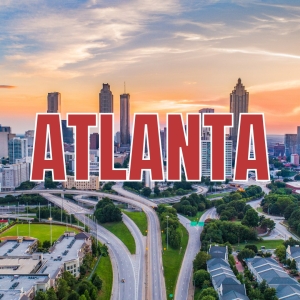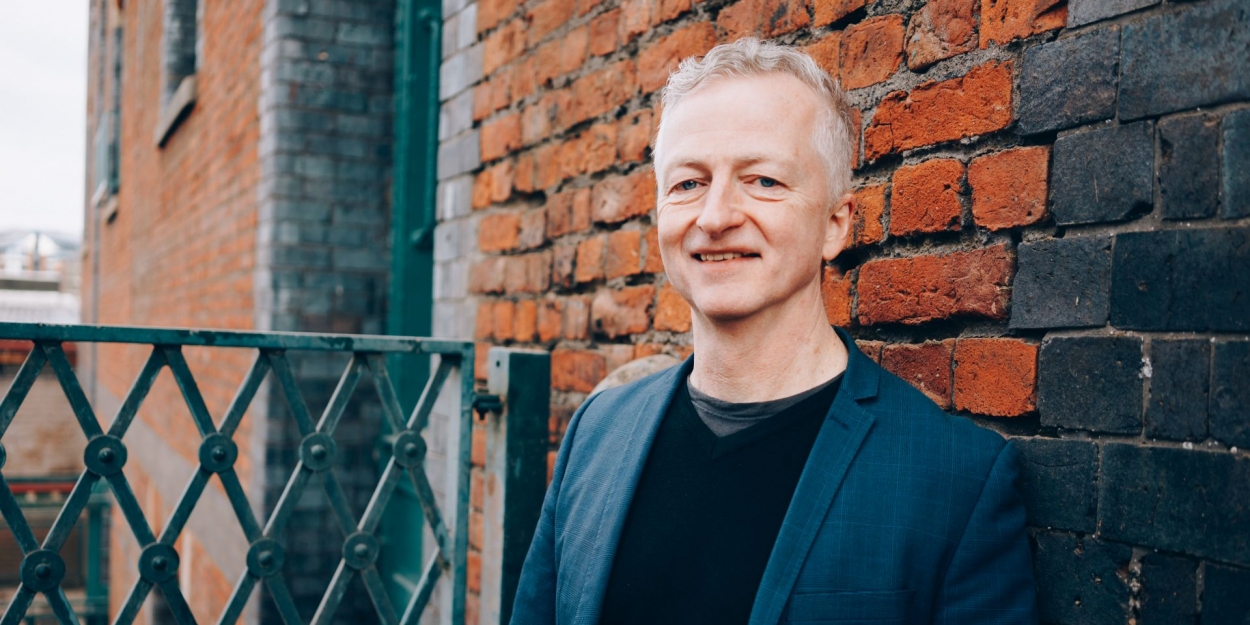 John McGrath is Artistic Director and Chief Executive of Manchester International Festival [MIF], a worldclass celebration of original work that had marked seven festivals prior to the imminent 2021 cultural celebration that starts July 1. Unfolding over 18 days indoors and outdoors, both in three dimensions and online, MIF21 wasn't about to let a pandemic stand in the way of its pioneering vision, as McGrath himself eloquently explains.
John McGrath is Artistic Director and Chief Executive of Manchester International Festival [MIF], a worldclass celebration of original work that had marked seven festivals prior to the imminent 2021 cultural celebration that starts July 1. Unfolding over 18 days indoors and outdoors, both in three dimensions and online, MIF21 wasn't about to let a pandemic stand in the way of its pioneering vision, as McGrath himself eloquently explains.
The opening for Manchester International Festival 2021 was planned long ago. After building a huge fashion runway for Manchester citizens in 2017 in an idea by artist Jeremy Deller that was realised by theatre director Richard Gregory, and following Yoko Ono's gathering of thousands of Mancunians to ring her specially-created Bells for Peace in 2019, I had invited French choreographer Boris Charmatz to create a mass dance spectacle. The idea was, once again, to gather the city in a public square for a unique free work of participatory art on the first night.
Boris [Charmatz's] plans were already well developed when the pandemic hit in 2020, and as the year progressed, we realised just how far from Covid-proof our project was. The opening would have involved 20 professional dancers from Boris's company and 200 local performers interacting with and dancing among an audience of thousands. In true Manchester fashion, the evening would end with a mass rave.
As 2020 progressed, our initial hope that summer 2021 would be the perfect time to celebrate a return to mass rituals faded month by month, and in November we sat in a Zoom call, with me in Manchester and Boris in Brussels in a dance studio where he was working on a new solo - the only kind of dance he could make. We admitted that our project was, for now, impossible.
It was one of the best Zoom calls I had during the months of lockdown and restrictions, if only because a conversation that started with all the things that couldn't happen turned into one about all the things that could. "Remember that long street we talked about at one point?" said Boris. "Deansgate," I replied, naming Manchester's wide central thoroughfare where we had once discussed a dance procession, Soul Train style, leading audiences to our performance. "We could place the dancers there, all two metres apart, each showing their own bit of the choreography as the audience walks past. Like [the pioneering photographer] Muybridge's horses!"
From there the ideas kept coming, and on July 1, 2021, we will present Sea Change, a dance along Deansgate, where dancers are largely on the spot (though as the piece has developed they do change positions at key moments), and the audience walks past the dancers - putting the work together in their heads as they move. It's a brilliant idea, and, as rehearsals with over 100 local performers have taken place of late, one that has allowed participants to explore and express the bottled-up emotions we have all felt over the past year.
At MIF there have been many such conversations, each one characterised first and foremost by the generosity and creativity of the artists involved. Faced by almost insurmountable restrictions, artists who had expected to be in Manchester making work over much of the year have adapted to remote collaborations and ever-changing rules and regulations. South African artist Kemang wa Lehulere has worked with ten Manchester writers and over 120 Manchester residents to create a book of love letters which, as Kemang puts it, expresses the unique emotional geography of the city. Pakistani artist Rashid Rana is opening a shop in Manchester selling all the day-to-day basics, gathered from around the world, and packaged by Rashid in a way that queries the very principles of how we buy and sell. And actor Cillian Murphy has worked with writer Max Porter and director Aoife McArdle to shoot a film of a night journey across London which will be installed in a sound environment created by Bryce and Aaron Dessner and Jon Hopkins. The artists have collaborated remotely and most of them will not be able to be at the premieres. But they have made something beautiful happen.
.jpg)
Photo c. MIF
There is so much more, some works made despite the events of last year, others made because of those events. Cephas Williams' massive installation A Portrait of Black Britain is a very direct response to the Black Lives Matter movement - an expression of the contribution and achievements of Black British citizens. And Rae Mcken's theatricalisation of Chimamanda Ngozi Adichie's New Yorker essay Notes on Grief, speaks, through a very personal narrative, to the loss felt by millions.
As for our opening night, well, with Boris's Sea Change re-imagined into a solo journey for audiences, and mass gatherings still not allowed, we nonetheless felt the need to create something dramatic in one of our main public squares: something that would say to everyone, the festival is here. Step forward legendary Argentinian artist Marta Minujin, working, like Kemang and Rashid, entirely remotely and yet able to create an extraordinary new work for Piccadilly Gardens, at the heart of Manchester. Big Ben Lying Down with Political Books is a 42-metre replica of the famed clock tower, constructed from 20,000 volumes of books that have shaped the UK's political landscape and particularly its longstanding North-South tensions. In 2020 these tensions often surfaced in arguments about how the less wealthy north of the country was being treated by the London-based government. In a film that we discover inside the Big Ben sculpture, we hear the story of how Big Ben, as a result of all these arguments, has decided to fly to Manchester, landing in Piccadilly Gardens.
So, we may not have our rave, but we have a beautiful dance along Deansgate, a series of works with significant things to say about the world we're now in, and a brand new monument. Even better, on the final days of the festival, Big Ben will be deconstructed and 20,000 people will be able to take a book home (perhaps to sit alongside Kemang's collection of love letters). We may still be more isolated from each other than we'd like, but after MIF 2021, we should have some great memories, and plenty of reading to do.
Manchester International Festival 2021 runs from 1-18 July.
Photo of John McGrath c. Tarnish Vision





